 |
| March 10, 2020 |
Dear Reader,
This is Sophie Bushwick, filling in for Sunya Bhutta. Today we have updates on how the coronavirus is affecting everyday life: In one article, researchers estimate how the cancelation of conferences will impact scientific progress. And in a new podcast series, W. Wayt Gibbs reports from a hotspot of the U.S. outbreak: his home in Kirkland, Wash. There are also stories about the state of mind control technology, how wildfire smoke affects human health and the downside of genetic testing kits. |
| |
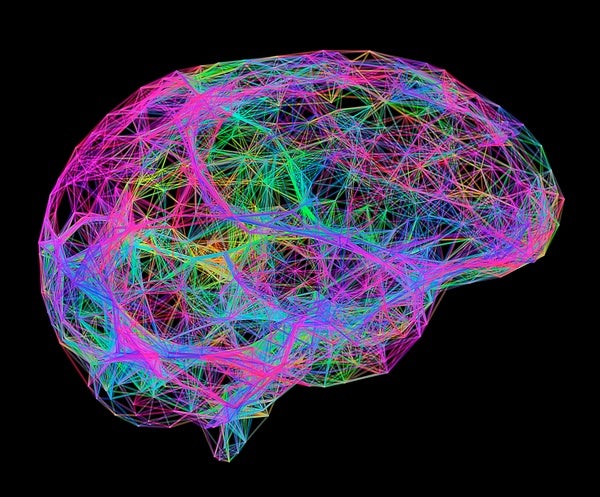 |
| |
| Public Health How the Coronavirus Is Hampering Science Research meetings are being canceled left and right over epidemic fears, slowing the work of scientists—especially those who are early in their career | | | | |
| |
| |
| |
| Public Health Coronavirus Hot Zone: The View from the U.S. Epicenter Scientific American contributing editor W. Wayt Gibbs reports from the U.S. epicenter of the coronavirus outbreak: Kirkland, Wash. In this first installment of an ongoing series, he looks at why children seem to weather this disease better than adults and the complicated issue of shuttering schools. |  | By W. Wayt Gibbs,Steve Mirsky | 16:35 | | | |
FROM THE STORE
 | | Eat, Move, Think: Living Healthy While many of us strive to live healthy lives, the task can be daunting and the information overwhelming. Should we be more concerned with our diet or with keeping our weight down? How important is exercise? What kinds of diseases should we really be worried about getting—or preventing? In this eBook, Eat, Move, Think: Living Healthy, we've assembled a number of stories on what we think sums up a healthy lifestyle, as well as some of the common obstacles faced in trying to achieve it.
|  | | |
| |
FROM THE ARCHIVE
 | | | |
| QUOTE OF THE DAY
 "COVID-19 rolled through our city like a psychological tsunami, sweeping aside other topics of conversation.... Infections have jumped quickly and unpredictably from one spot to another, with responders racing behind to catch up." W. Wayt Gibbs, Scientific American | |
LATEST ISSUES
 |
| |
| Questions? Comments?  | |
| Download the Scientific American App |
| |
| |




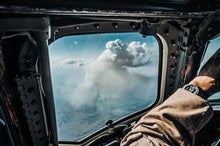



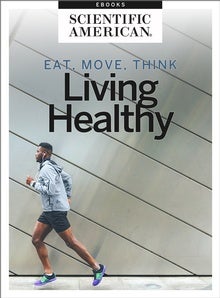

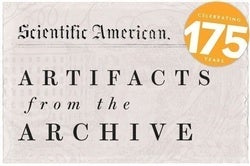
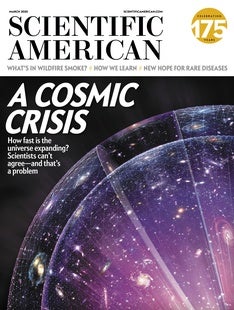

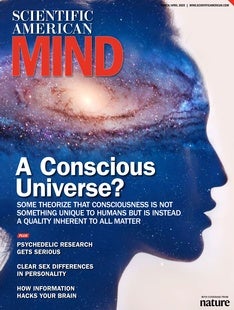
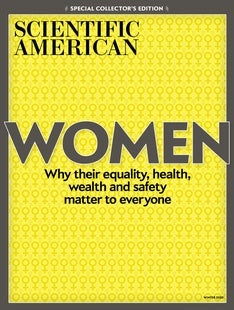
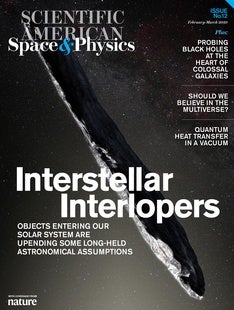



Comments
Post a Comment